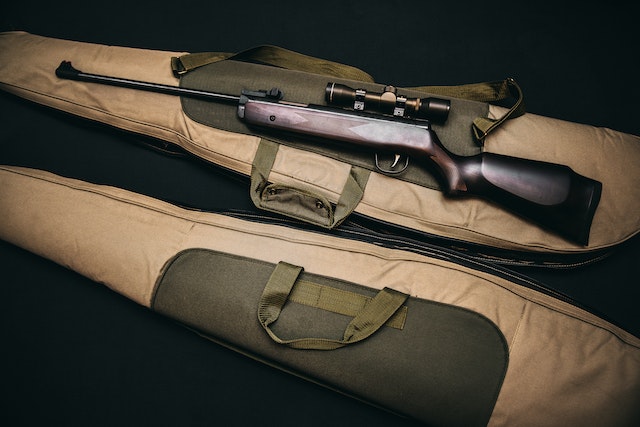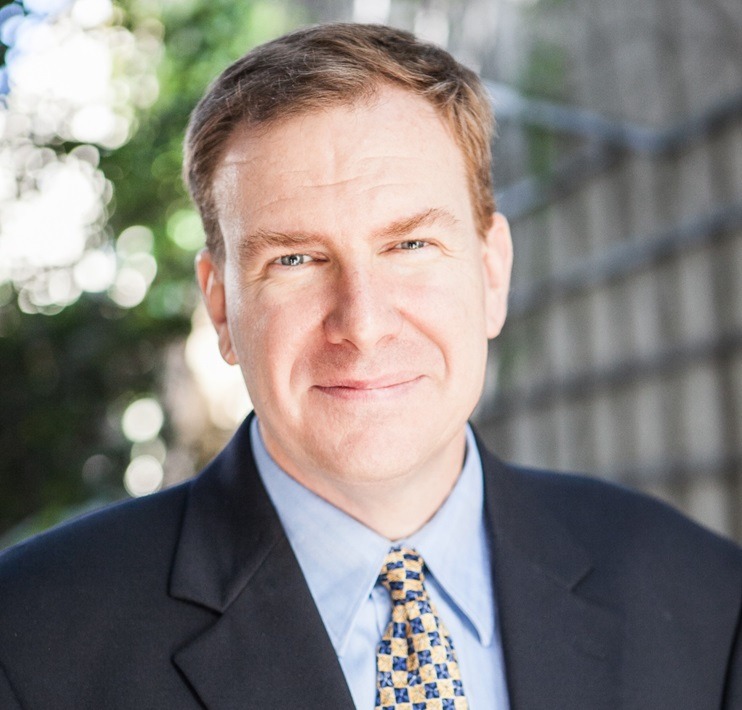As a Veteran-in-recovery and Operations Manager at Confidential Recovery, where we treat Veterans for substance use disorders (SUDs) and related mental health issues (like PTSD), I can tell you that gun ownership is part of many Veterans’ lifestyle. This comes as no surprise, considering that most Vets go through extensive weapons training while in service, and it’s understandable that they feel connected to and protective of their weapons.
In the field, having a firearm that is properly maintained, loaded, and carried can be the difference between life or death for the servicemember or their teammates. However, upon return to civilian life, this is no longer the situation for most Veterans, but it is difficult for many to change this mindset. Many Veterans feel vulnerable, unprotected and anxious without that firearm that had served them so well on active duty.
In the vast majority of cases, gun ownership is perfectly fine, but we worry about Veterans who have experienced suicidal ideation and have a gun in the house. We think Veterans who’ve considered self-harm should consider taking steps to protect themselves.
Veterans Have a Right to Own Guns
Considering the polarizing nature of the news we are inundated with, it’s no surprise that gun ownership is a topic that Veterans feel passionate about. We are constantly being exposed to the violent outcomes of mass shootings throughout our nation, which inevitably lead to marches and speeches aimed at increasing gun legislation.
As if that wasn’t bad enough, some Veterans are misinformed about their gun rights – for instance, whether or not they will lose their right to bear arms if they are diagnosed with PTSD (they will not).
Take the Step of Asking the Veteran in Your Life How They Are Doing
We’ve always urged the families of Veterans we meet to ask their loved one if they have considered self-harm. This can be a difficult conversation, but for ideas, you can read the article about this topic written by Scott H. Silverman, and some things you can ask are:
- “Are you thinking about killing yourself?”
- “Do you ever feel like just giving up? ”
- “Do you feel like you wish you were dead?”
Don’t worry about over perfecting the conversation, what’s important is that you show that you care. Express to them that you want them to stay alive. If they have considered self-harm, then you should talk to them about gun safety.
There are Several Options for Gun Safety
Statistics show that Veterans can reduce the likelihood of attempting suicide by gun if they keep their gun in a safe, a lockbox, or even putting a cable lock on the gun. If you’re wondering why it makes such a difference, you might be surprised that it’s as simple as putting some time and an activity between a Veteran-in-crisis and the means to end their lives.
Simply put, securing your guns with a lock puts space between the thought and the trigger. Though it may seem like a small barrier, research shows that many individuals who have experienced a suicidal crisis indicated that it lasted only a matter of minutes.
Do You Know a Veteran in the San Diego Area?
Many Veterans are struggling with the process of re-integrating back into society after discharge. Thankfully there is hope for struggling Veterans, as new organizations and services are popping up nationwide to bridge the gap between Veterans and life-changing services and support they may not realize they have access to. One such service, based out of San Diego, CA, is The Veterans Navigation Center. Learn more about how the Veterans Navigation Center can help you or a loved one find and navigate services for military Veterans at TheVNC.org. If you are a Veteran in the San Diego area, you can come get a gun lock from The VNC, contact us at (858) 567-9191.
About the Author
Jay Wylie is a Southern California native who served as a Naval Officer for 22 years. Jay is in recovery now and helps Veterans and first responders get sober and stay that way at Confidential Recovery in San Diego, California


